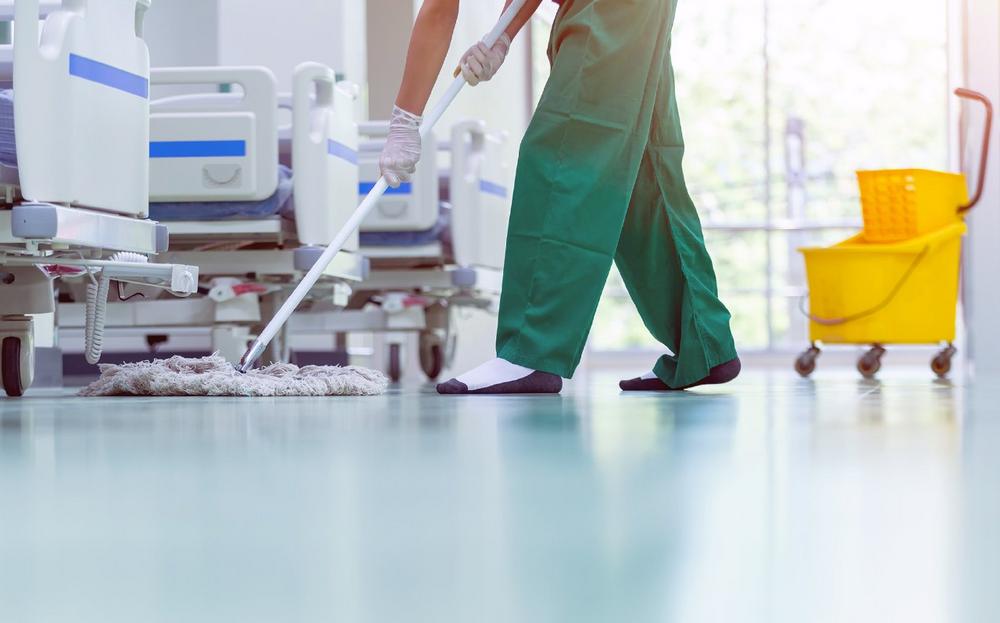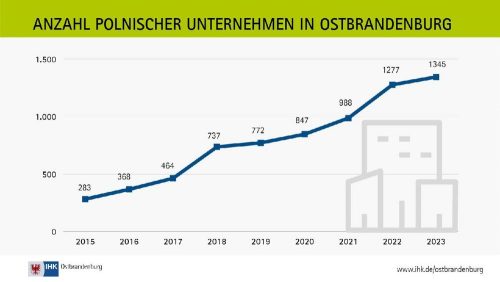
Probiotic cleaning as new technology in the Robert Koch Institute guidelines for hospital hygiene
The newly released recommendation by the Robert Koch Institute Commission for Hospital Hygiene and Infection Prevention (available in German only) states in its 6.3 section about probiotic cleaning that “the use of probiotics on surfaces in medical facilities is an interesting approach because probiotic bacteria form a long-term stable microbiome, while the success of disinfection only lasts for a short time. Furthermore, disinfectants are known to stimulate the development of cross-resistance to antibiotics, which is not the case with probiotic cleaning products.”
When microorganisms are removed from a surface by disinfection, the diversity of the surface microbiome is disturbed. Several studies cited in this recommendation conclude that probiotic surface cleaning “allowed a drop “from 4.8% to 2.3% in nosocomial infections (acquired in hospitals) ” in comparison to chemical disinfection. In addition, antimicrobial resistance genes decreased by up to 99% during probiotic cleaning, and the use of antibiotics due to nosocomial infections went down by 60.3%, representing a decrease of 75.4% in related costs.
Hospitals now have an effective, improved alternative to disinfection
Robin Temmerman, CEO of HeiQ Chrisal and Head of HeiQ Life Sciences, states: “The new guidelines from a renowned authority such as the Robert Koch Institute prove that our approach to surface cleaning was right and represents an effective, safe, and sustainable new technology for hygiene and infection control. It is extremely satisfying to see that over 10 years of clinical research now results in a different mindset among infection control professionals, opening up for new sustainable technologies like HeiQ Synbio.”
One of the scientists cited in the Robert Koch Institute guidelines, Dr. Tilman E. Klassert from Helmholtz Center for Infection Research, emphasizes: “The inclusion of probiotic cleaning is the result of several years of research that resulted in solid evidence about how it can be used as an effective ally against nosocomial infections, a major problem that needs proper attention.”
In fact, according to the World Health Organization, in a recent information session for its member states on infection prevention and control, hospital-acquired infections affect “hundreds of millions of patients, health workers and hospital visitors” worldwide with significant human suffering and costs for national healthcare systems, adding that “many of the nosocomial infections are completely avoidable.” Even so, 1 in every 10 patients dies from nosocomial infections.
Founded in 2005 as a spin-off from the Swiss Federal Institute of Technology Zurich (ETH) and listed on the London Stock Exchange Main Market (XLON:HEIQ), HeiQ is a leader in textile and materials innovation creating some of the most effective, durable and high-performance technologies on the market today. HeiQ strives to improve the lives of billions of people through pioneering textiles and materials innovation. Combining three areas of expertise – scientific research, specialty materials manufacturing, and consumer ingredient branding – HeiQ is the ideal innovation partner to create differentiating and sustainable products and capture the added value at the point of sale. With its 14 offices, 7 manufacturing sites, and 7 R&D hubs, HeiQ today employs 240 professionals. It has a total capacity of 45’000 tons of specialty chemicals per year and serves over 1’000 industrial customers in over 60 countries. Today, HeiQ’s consumer goods and medical devices can be found in 56 countries. For more information, visit www.heiq.com
HeiQ Materials AG
Ruetistrasse 12
CH8952 Schlieren
Telefon: +41 (56) 2506850
Telefax: +41 (56) 2506841
http://www.heiq.com
PR & Corporate Communications Director
E-Mail: jorge.fiens@heiq.com
![]()




